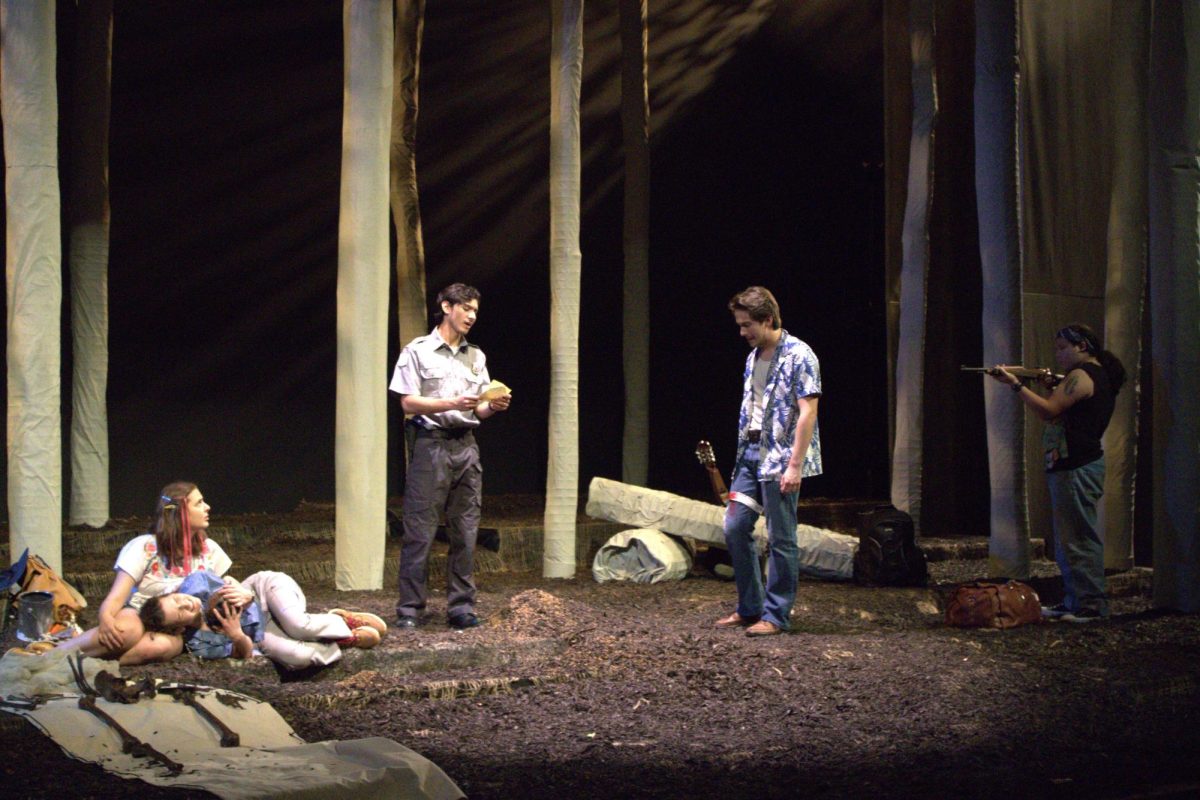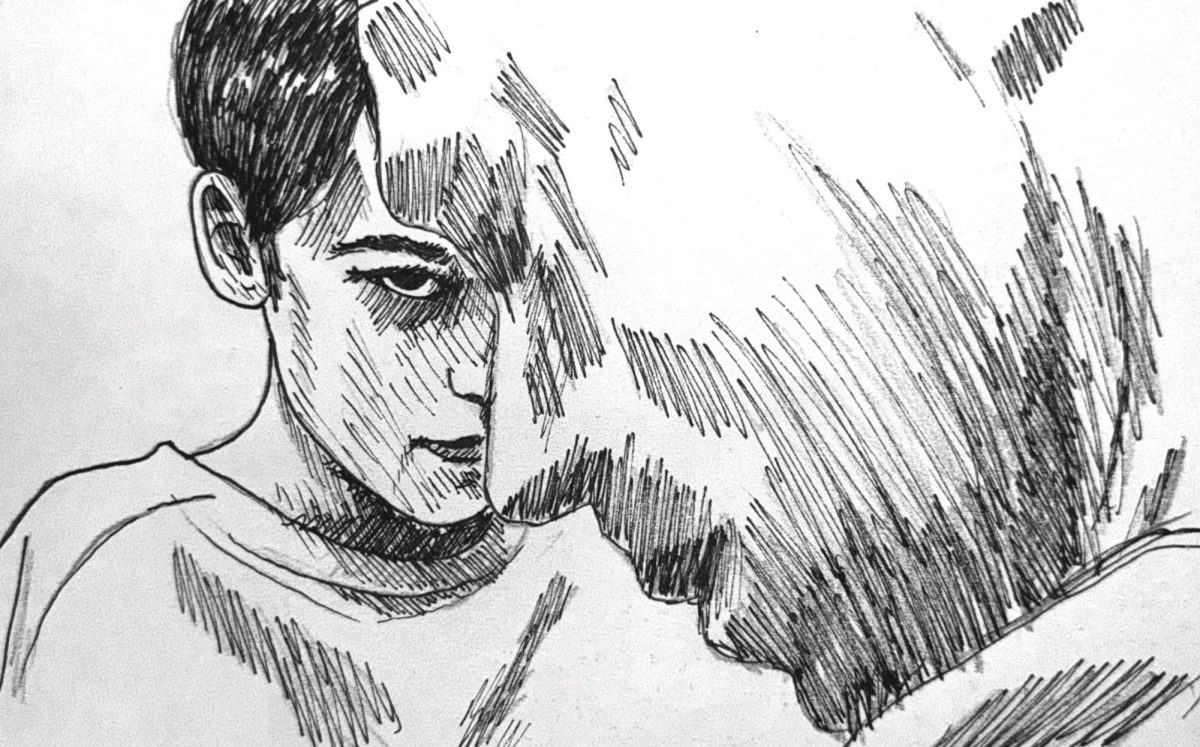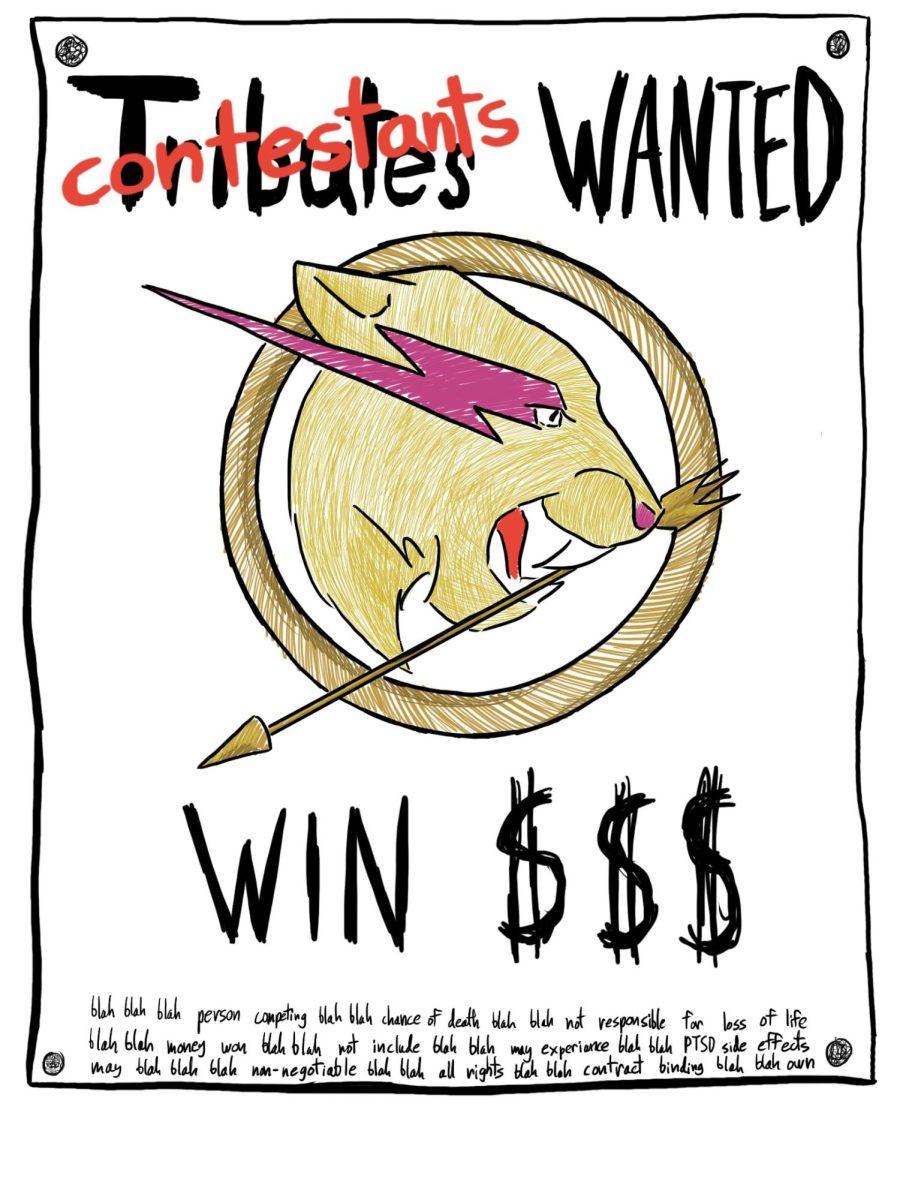Lecture Topic
Games have risen to become an undeniable force of culture and communication seamlessly and completely integrated into our lives, but only recently has the process by which they are made begun to attract real interest and enthusiasm from larger society. This free public lecture will explore the creation of games as a craft with unique and fascinating implications, as well as the new renaissance game creators and players are creating for themselves.
About David McDonough
David McDonough (’06) is a game developer and Lead Designer for Firaxis Games, makers of the renowned Civilization franchise of PC strategy games. He has contributed to the development of Firaxis’ Civilization V, Civ World, and X-COM: Enemy Unknown titles, and as a systems designer to Big Huge Games’ Kingdoms of Amalur: Reckoning. In addition to his work with Firaxis, David has served as an adjunct professor in the Simulation and Digital Entertainment department at the University of Baltimore, on subjects including non-digital game design and artificial intelligence for games.
Question: What did you get a degree in at Trinity and when did you graduate?
I graduated in 2006 with a degree in Studio Art. My focus was on traditional illustration.
Question: What’s your job title and what do you do at Firaxis Games, exactly?
I am a lead designer. It’s a senior game design position, and I’m one of a handful of such designers at Firaxis. As a game designer my job is to craft the gameplay and the systems necessary to support it. It’s exactly what you’d expect from the term “game designer” ““ we are responsible for deciding what the game experience will be and then implementing that experience in code. At Firaxis, designers are programmers too, and especially at the lead level we are expected to program our ideas, not just conceive them. The majority of my time in a day is therefore spent writing code, supported by frequent creative meetings and design discussions.
Firaxis lead designers are also usually the project leads, the ones that maintain the creative vision and provide direction to the whole team. We work every day with the lead artist and lead engineer, as well as with the team at large, to shape the game every step of the way. On my current project, I share this responsibility with my fellow lead designer and good friend, William Miller. Our project is currently unannounced, so I’m afraid I can’t provide more details.
Question: Did you always want to be a game designer? If so, why? If not, what did you think you were going to be doing?
I didn’t, actually. I took the long way around to get where I am. When I was at Trinity, I was studying traditional art and hoping to one day become a book illustrator. It was not until my eighth and final semester at the University that I got a taste of game development. I had already begun to look into graduate school after Trinity, and I quickly refocused to enter the Interactive Design & Game Development program at the Savannah College of Art & Design. Even there, I spent my first year training as a game artist, working on 3D modeling and texturing. I even attended GDC in 2007 on an IGDA student scholarship as an artist. But it wasn’t long after that trip that I fell in with a charismatic professor and group of students who turned my head towards design. The MFA at SCAD is only two years, and by the second year I had totally repositioned into design. Through a combination of that second year’s work and some fortunate contacts, I landed a position here at Firaxis as an Associate Producer just as I was about to graduate from SCAD. I started in December 2008, and in July 2011 made the jump from production to design when I briefly left the company to join nearby Big Huge Games as a systems designer on Kingdoms of Amalur: Reckoning. At the time I thought I was off and running, but life can be funny, and I wasn’t at BHG more than five months before Firaxis enticed me back into a lead role.
I knew I wanted to be a game designer from that turning point while I was at SCAD, and while I don’t regret signing on as a producer at first, I certainly haven’t looked back since!
Question: What’s one thing you learned or got from Trinity that has been the most helpful for your life after Trinity?
I’ve always said when people ask me why I went to Trinity that the best thing about the University was the breadth that it encouraged. I loved that I could take courses in seven different fields in the same semester. That diversity of study was the selling point for me, and I went there to find just that kind of experience. And the joy of it is I find the same diversity of discipline in game design. A game is such a fascinating, complex combination of ideas, and designing them draws on the same broad interest I was invited to bring out at Trinity. I learned to use that breadth, to look at problems from many angles and account for many perspectives. Wanting to do that brought me to Trinity, and since I went there I’ve operated like that on everything I’ve done, including designing games.
Question: Are you playing any games, aside from your own, right now? What are they?
Of course I am! Many game designers will tell you that making games tends to cut into their play time, and none of them have the time they’d like just to play anymore. That’s certainly true, sad to say. But we do find time for it. The titles I’m enjoying at the moment include Faster Than Light, a recent indie strategy release on Steam that’s light but challenging. I also play a lot of mobile games, most notably Fieldrunners 2 and Carcassonne, in my spare time. I’ve been re-playing my way through a classic strategy game as well ““ Homeworld 2, an old favorite from my college years. Mostly, though, I’m playing our newest game, XCOM: Enemy Unknown.
Question: Do you have any tips or advice for anybody wanting to break into the video game industry?
Get to work. Seriously, the single most important thing you can do if you want to get into the industry is to act like you already are. The line between amateur and pro is blurring all the time, especially with all the great resources students and indies can get for free or very cheap. So the only thing stopping most aspiring developers is their own time and effort. Make games for your classes. Make them at home in your free time. Go to game jams or join them online. Nothing impresses industry people more than good work, impressive work. Act like you’re in the industry and make games like it’s your vocation ““ which it should be, if you’re serious. Do that, and it’s just a matter of time until you get the break you’re looking for.
Question: Here’s a pretty easy one! What are your top 3 favorite video games?
Easy? Maybe for you! I’ve got so many favorites; it’s always rough to narrow it down. I’m a PC strategy gamer by nurture ““ I didn’t grow up with consoles. From that genre, my all-time favorite has always been Dungeon Keeper. Everything about those games delighted me, and I played both to utter exhaustion. After that, the original Colonization. I grew up on all of Firaxis’ games, but that was the first I ever played, and it was very formative. I still love the way it looks and plays, all pixelated and tinny ““ one of the most elegant empire builders ever made. And lastly, Guitar Hero. Some call those games a gimmick, but I don’t care ““ playing it made me feel awesome.
Question: Is there just anything you’d like to say to the readers? A plug would be okay too!
Just that games are an incredible medium to work in, and there’s a huge world of amazing stuff out there waiting to be discovered. I encourage everyone to explore games in whatever way seems comfortable to them, and even to try making one or two if they have an interest. I promise you’ll be surprised at how fun making games can be!





